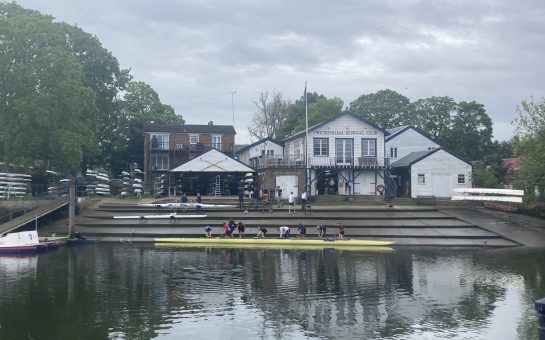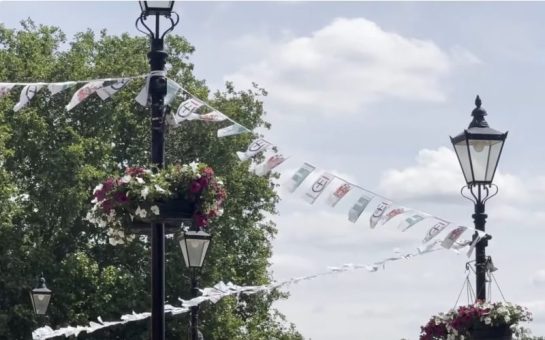Everyone’s seen deer crossing signs, or sheep being herded over country roads, but they are less likely to be familiar with a more amphibious type of road hazard: toads.
Ham Common in Richmond is a breeding ground for the animals, who every year instinctively follow the same migratory route from their home, across Church Road, to pools where they can spawn.
It’s only a 100m journey from one side of the carriageway to the other, but heavy traffic can mean the difference between life and death.
Toads on Roads, run by the charity Froglife, helps the creatures safely on their way.
Kathy Wormald, CEO of the organisation said: “Toads are an iconic part of the UK’s culture, and appear in lots of our loved literature and artwork.
“They form an essential part of the ecosystem, eating lots of invertebrates including slugs and snails, hence ensuring that we have balanced ecosystems.
“Like all wildlife they have a right to be conserved.”
To remove the element of danger, a 400m section of Church Road between Ham Gate Avenue and Latchmere Lane, is closed from Monday 8 March until Saturday 27 March 2021.
Toads on Roads is a nationwide initiative, which has been running for 20 years.
It coordinates ‘Toad Patrols’ which, amongst other things, work with local councils to put up road warning signs.
In Richmond, volunteer patrollers are actively removing the creatures from harm’s way.
Small fencing has been set up around the common to make it easy for them to scoop up the toads and carry them to the other side of the road where they can complete their short migratory journey.
The greatest cause of death during these road closures is for them to fall down drains – something else the volunteers are looking out for.
Once they have reached the pools they remain there for about three weeks.
The initiative, which came to Richmond in 2010, is designed to protect drivers and animals alike.
Yes, the toads could easily be killed by passing vehicles, but motorists could also be at risk if they swerve to avoid them.
Liberal Democrat Martin Elengorn believes any inconvenience to car owners is well worth it.
The Vice-Chair of the Environment, Sustainability, Culture and Sport Committee for Richmond Council said: “It’s a wonderful natural spectacle that very much deserves the measures taken to enable the toad patrollers to help them on their journeys.
“Richmond Council works hard to preserve its open spaces and wildlife to ensure it remains one of London’s greenest boroughs.
“Richmond Council has a Biodiversity Action Plan that prioritises habitats and species that are rare, in decline or characteristic of Richmond, and aims to use them to help raise the profile of biodiversity in the borough.”
The number of toads in the UK has fallen by 68% since 1985.
Wormald added: “Property and road building often fragment toads’ hibernation sites from their breeding ponds, which means they have to negotiate crossing busy roads, often multiple road intersections.
“It also often means that their breeding ponds are lost, meaning that populations will ultimately go extinct.
“There is also concern that the juveniles when leaving their ponds in late spring/early summer are very small and get killed in vast volumes on roads.”
Over 100,000 toads are expected to receive assistance this year in Britain, and the number of patrols has doubled since 2009.
It is thought that disruption to residents, both warm and cold-blooded, will be minimal due to preexisting coronavirus restrictions.




